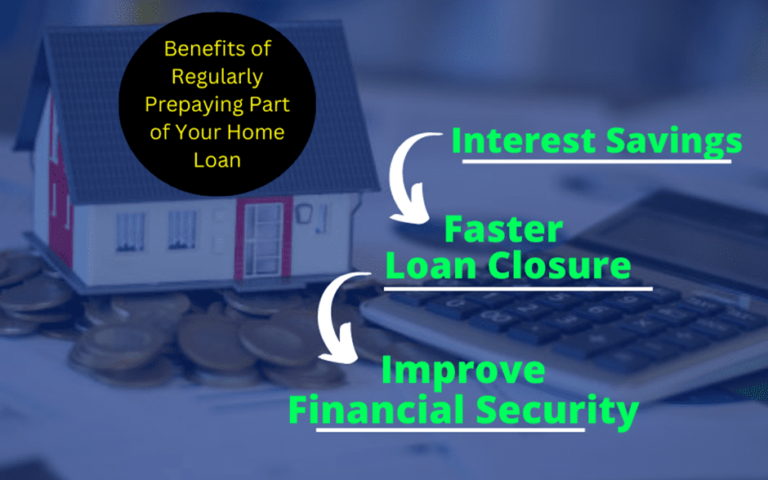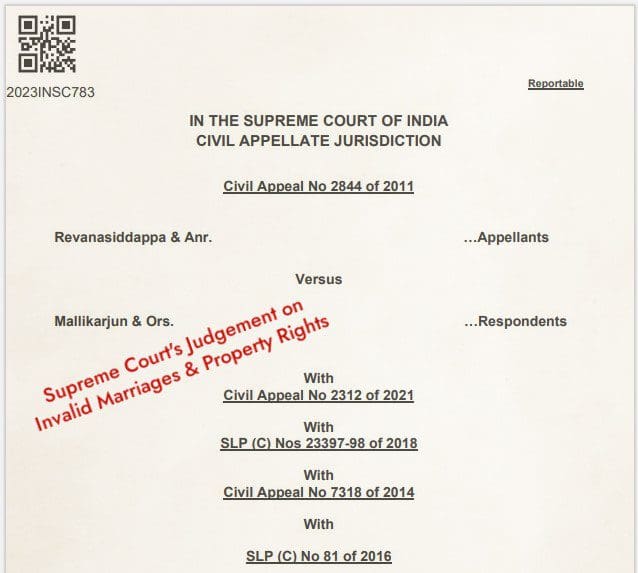Freelancers and entrepreneurs enjoy the flexibility of being their own bosses, but they also face unique financial risks, and so why there is insurance policies. Unlike traditional employees, self-employed individuals don’t receive employer-sponsored benefits such as health insurance, disability coverage, or retirement plans. This makes having the right insurance policies critical to protecting their financial stability.
In this guide, we’ll explore the essential insurance policies every freelancer and entrepreneur should consider, ensuring they stay protected while growing their businesses.
1. Health Insurance: Protecting Your Well-Being
Without employer-sponsored health insurance, medical costs can quickly become overwhelming. Freelancers and entrepreneurs must secure individual health insurance plans that fit their budget and needs.
Options for Health Coverage:
- Marketplace Plans: The Affordable Care Act (ACA) provides a range of plans with varying coverage and premium levels.
- Health Savings Account (HSA): If you choose a high-deductible health plan (HDHP), an HSA lets you save pre-tax dollars for medical expenses.
- Private Insurance: Many freelancers opt for private health plans outside of the government marketplace.
- Professional Associations: Some industry groups offer discounted group health insurance plans.
Why It’s Important:
✔ Covers medical emergencies and preventive care. ✔ Reduces out-of-pocket expenses for hospitalizations and prescriptions. ✔ Ensures financial protection against unexpected healthcare costs.
2. Disability Insurance: Replacing Lost Income
Freelancers and entrepreneurs rely on their ability to work and generate income. If illness or injury prevents them from working, disability insurance provides financial security by replacing a portion of their lost income.
Types of Disability Insurance:
- Short-Term Disability: Covers lost income for three to six months due to temporary illnesses or injuries.
- Long-Term Disability: Provides coverage for extended periods if you’re unable to work for months or even years.
Why It’s Important:
✔ Protects against income loss due to illness or injury. ✔ Helps cover daily living expenses and business costs. ✔ Provides peace of mind in case of unexpected health issues.
3. Professional Liability Insurance: Protecting Your Business from Lawsuits
Freelancers and entrepreneurs provide services that could lead to potential disputes or claims of negligence. Professional liability insurance (also known as errors and omissions insurance) helps protect against legal costs if a client sues for unsatisfactory work, missed deadlines, or professional mistakes.
Why It’s Important:
✔ Covers legal defense fees and settlement costs. ✔ Protects your reputation and financial well-being. ✔ Essential for freelancers in consulting, marketing, finance, and legal industries.
4. Business Insurance: Safeguarding Your Assets
Running a business comes with risks, from property damage to cyber threats. Entrepreneurs should consider these business insurance policies:
- General Liability Insurance: Covers lawsuits related to bodily injury, property damage, or advertising mistakes.
- Business Property Insurance: Protects equipment, tools, and office spaces from fire, theft, and natural disasters.
- Cyber Liability Insurance: Covers financial losses from data breaches or cyberattacks.
Why It’s Important:
✔ Shields against costly legal claims and lawsuits. ✔ Ensures financial protection in case of accidents or business disruptions. ✔ Essential for those operating physical or online businesses.
5. Life Insurance: Securing Your Family’s Future
For self-employed individuals with dependents, life insurance ensures their loved ones remain financially stable if the unexpected happens.
Types of Life Insurance for Entrepreneurs:
- Term Life Insurance: Offers affordable coverage for a set period (10-30 years) with a guaranteed death benefit.
- Whole Life Insurance: Provides lifetime coverage with a cash value component that can be borrowed against.
Why It’s Important:
✔ Provides financial support to family members in case of an untimely passing. ✔ Helps cover outstanding business debts and personal liabilities. ✔ Ensures business continuity if an entrepreneur is a key stakeholder.
6. Retirement Plans: Preparing for the Future
Without employer-sponsored retirement plans, freelancers and entrepreneurs must take charge of their own retirement savings. Consider these options:
- Solo 401(k): Designed for self-employed individuals, allowing higher contribution limits than traditional IRAs.
- SEP IRA: Ideal for freelancers with fluctuating income, offering flexible contributions.
- Roth IRA: Provides tax-free withdrawals in retirement, beneficial for those expecting higher future tax rates.
Why It’s Important:
✔ Ensures financial security for retirement years. ✔ Offers tax advantages to reduce taxable income. ✔ Provides long-term wealth-building opportunities.
Final Thoughts: Prioritizing Financial Protection
Freelancers and entrepreneurs must proactively manage their financial risks by investing in the right insurance policies. Health, disability, liability, business, life, and retirement plans are crucial safeguards to ensure long-term security and stability.
By taking a strategic approach to insurance planning, self-employed individuals can focus on growing their businesses without worrying about unforeseen financial setbacks. A well-rounded insurance portfolio is not just a cost—it’s an investment in your future success.









